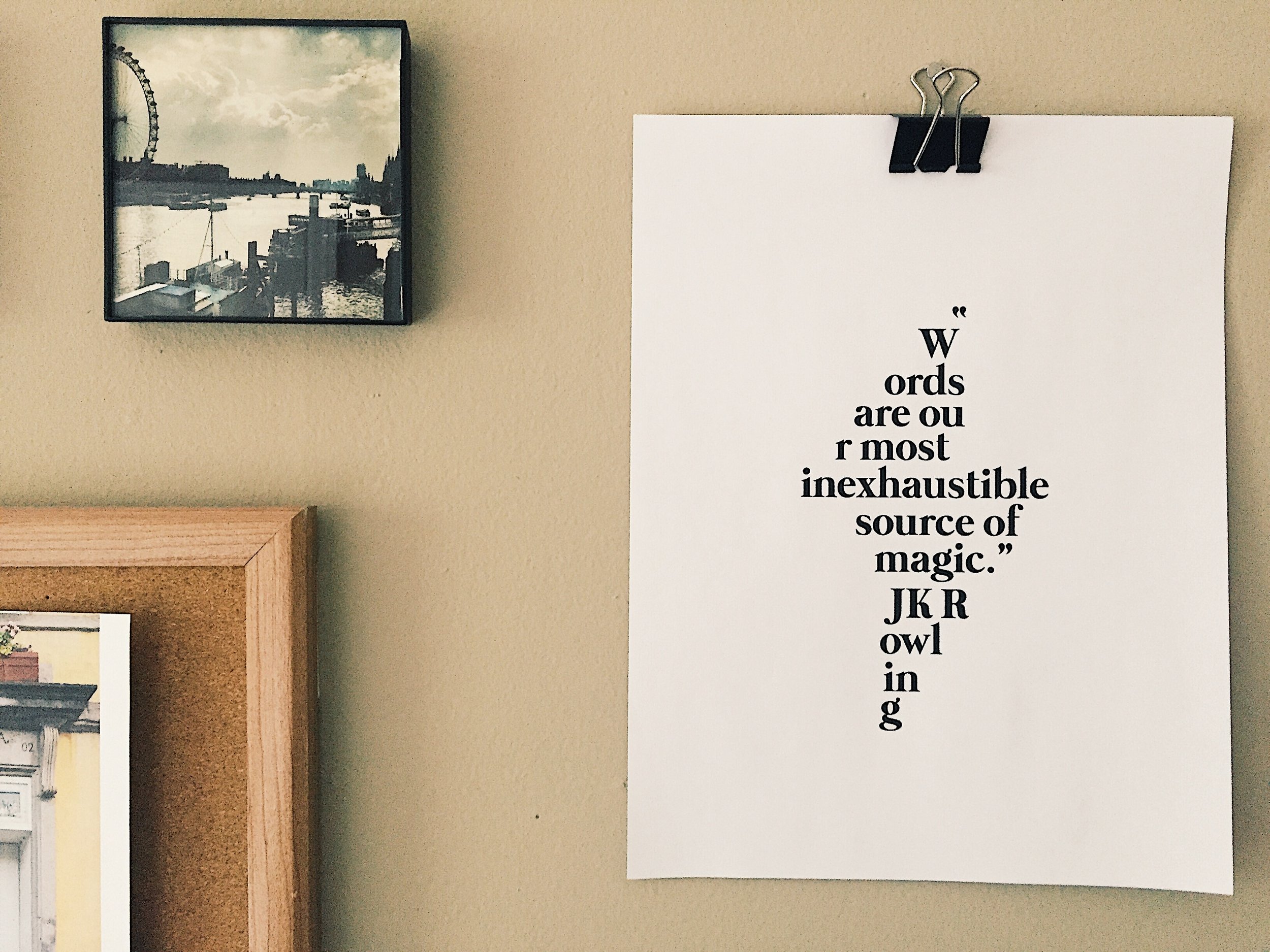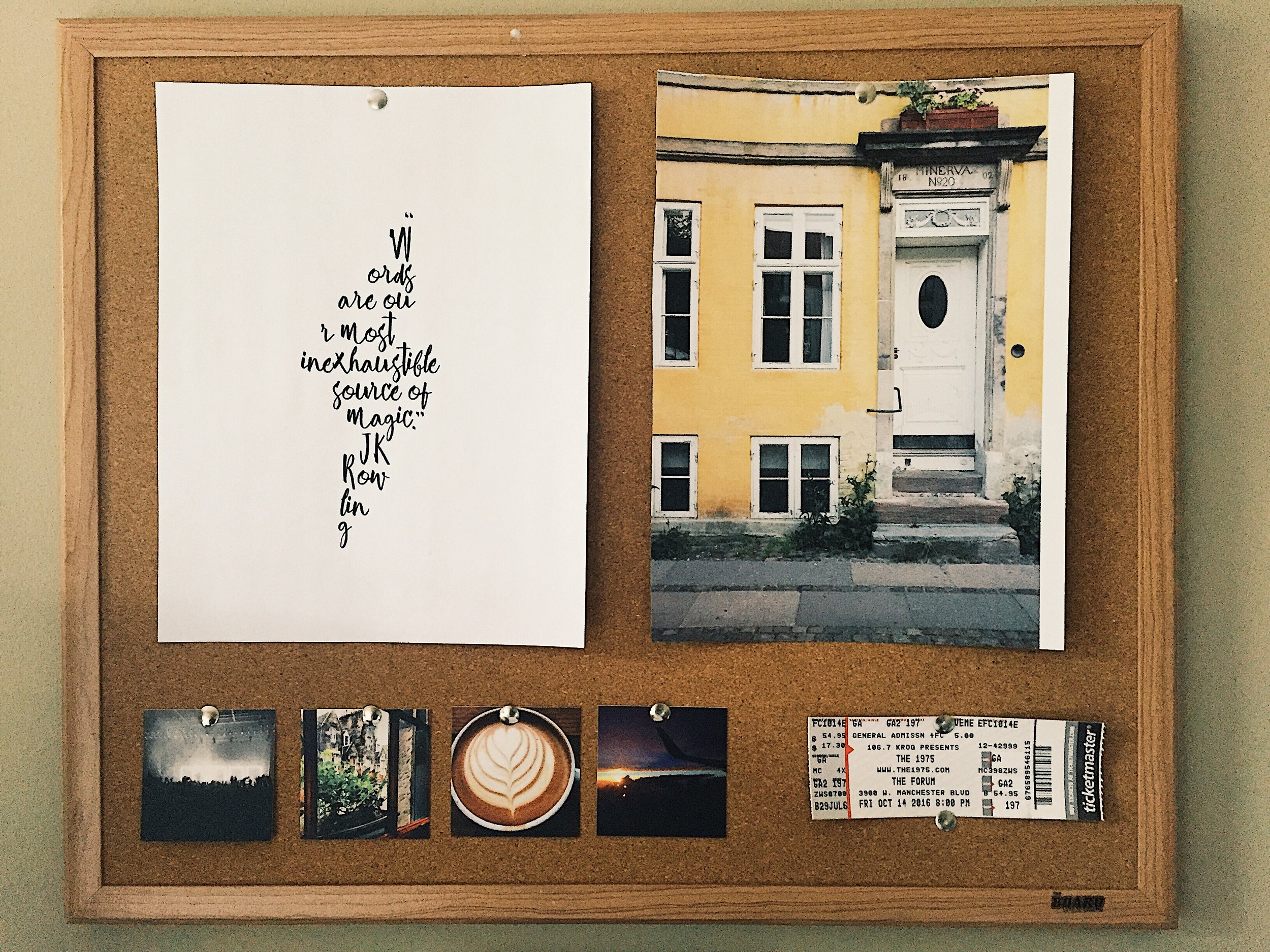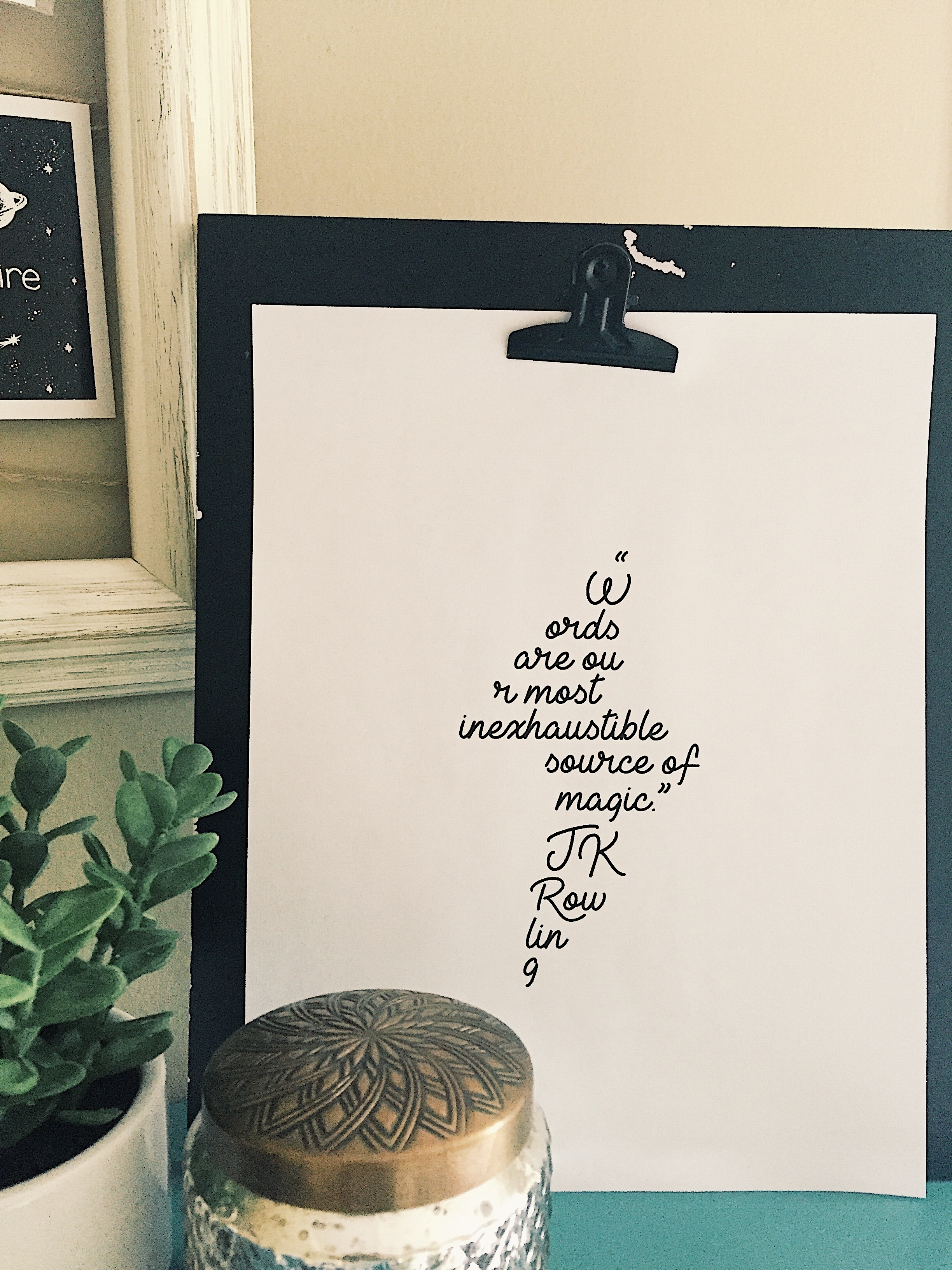Learning To Relate To Your Parents As An Adult
The day after I graduated, I found myself in a wooden rowboat with my parents, my housemate, and her mum. It was an uncharacteristically sunny day for the north of England, and we decided to celebrate the weather and our graduation by taking to the river. We set off upstream, expertly ferried by my housemate’s mum, and the five of us quickly settled into comfortable conversation, enjoying being with family for the first time in a while. I had never felt more English than when I was sitting in that boat (quite a feat since I’m not from the UK), watching families with dogs strolling along the river banks and mother ducks leading their babies on midday swims.
My storybook experience swiftly came to an end, however, when about half an hour in, my dad requested to have a go at the oars. With my dad at the helm, we soon began to zigzag wildly from one side of the river to the other, running into clouds of midges and overgrown riverside plants. All of us descended into hysteria – yelling instructions, crying with laughter, and making jokes. My dad gave a valiant effort but gave up when it became clear he couldn’t for the life of him keep the boat going in a straight line.
Despite the chaos, I thoroughly enjoyed being with my parents that afternoon, but it’s not always like that when we are together.
Three years ago, I moved over 6,000 miles from Singapore to the UK for university. Having been the kid who sat in the middle seat at the back of the car after school so she could relate every detail of the day to mum or dad, moving out brought a lot of change. The transition wasn’t as difficult as I feared, though, and I soon got used to living independently. I enjoyed the freedom of being able to do what I liked, whenever, without having to accommodate anyone else’s plans.
When I went home every summer, being back with my parents and having a different set of expectations placed upon me made friction inevitable. Far away in the UK, I could deal with familial disagreements by ignoring text messages or putting off video calls, but back home I had to face them head on. This often resulted in arguments or unfriendly responses and ultimately, I was left dissatisfied with my relationship with my parents. I struggled with trying to understand how I felt—when I was away, I missed my parents, but when I was home, I only wanted to be away from them.
These feelings persisted during my final year at university. At first, faced with the prospect of moving home immediately after graduating, I felt almost trapped. It was like I was in that rowboat, with my parents taking hold of an oar each and rowing us from side to side, when all I wanted to do was go in a straight line. When I finally decided to stay in the UK for another year, I was relieved that I wouldn’t have to face the challenge of moving back home right away.
As graduation drew closer, however, I found myself repeatedly frustrated with my parents when most of our web calls turned into discussions about the trip we planned to take before the ceremony. When I had to repeat travel details I’d already explained, or when I didn’t understand my parents’ requests, annoyance bubbled close to the surface and spilled over in snappy replies and sighs of frustration.
I worried that I’d turned into someone who couldn’t coexist with her parents. In my daily life, I tried to seek common ground with people I disagreed with, but in my family life, any patience and empathy I had seemed to disappear. I poured out my struggles to a friend who pointed out that being with your parents often brings out behaviour you had as a child. She encouraged me to remember who I am now and who I want to be, and to hold onto that in my interactions with my parents.
The two weeks that I spent traveling with my parents was a great exercise in the struggles and joys of being a “grownup child.” We sometimes got a little snappy with each other, but after a particularly silly argument about locating plates in our Airbnb apartment (yes, that actually happened), I realised something. In the past, I had told myself that I needed to acknowledge that my parents were humans who made mistakes—this was all well and good, of course, but it didn’t take away the feeling of having been hurt by their mistakes. Then, I felt guilty for not letting go of the hurt immediately and pride stepped in to defend my ego. I tried to alleviate the guilt by justifying my snappiness with my parents, holding onto past hurts in order to assure myself that I wasn’t in the wrong. Strangely enough, realising it was normal to feel hurt and to struggle lifted years of guilt from my shoulders.
A good friend of mine once told me that while parents are meant to love their children, children are also meant to love their parents. As children, we need to love and honour our parents whether or not we feel loved by them in a particular moment—and this love is not just emotion, it is action.
The way we love our parents will of course, look very different depending on what we’ve been through. For me, loving my parents has meant respecting their choices, helping out around the house without being asked, and spending more time with them, even when I might not feel like it. I’ve found that the main difference about being my parents’ child now that I’ve grown up has been that I need to make a conscious effort to choose to show love. Relating to my parents after a long time away has been more like playing an instrument than riding a bike. I forgot how to do it when I stopped practicing, but I get better at it the more I try.
Being in that rowboat the day after my graduation showed me that my parents can’t do everything perfectly, but neither can I. Still, it was much better to be in a zigzagging boat laughing with them than forging straight ahead on my own. After all, despite zigzags not being what I wanted, and despite the midges and near misses with low-hanging tree branches, that chaotic boat ride brought us together.
FREE PRINT
Do you like free things? Us too. How about this free print of a dope J.K. Rowling quote in 3 font options?
Enter your email below to receive your free downloadable print!



